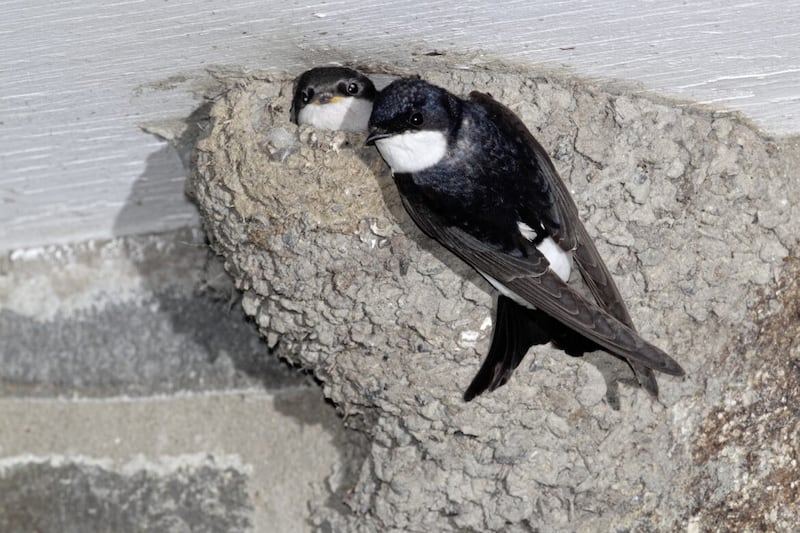SOME weeks ago, I visited the English market town of Stratford-upon-Avon in Warwickshire, birth and burial place of playwright, William Shakespeare.
Situated on the River Avon, its name has origins in the Latin word, ‘stratum’ the geological term for layer or layers of sediment and rock laid down, forming in this case a ‘street’, and ‘ford’, low water crossing point of the Avon, from the Irish word ‘abhainn’ for river.
The medieval town retains much of its original architecture, timber beamed houses and impressive church buildings, while on the river, scores of swans move effortlessly along, gravitating towards generous tourists. Mute swans have been on this stretch of the Avon for centuries and were served as a delicacy in times past to the gentry at large feast gatherings.
Images of the bird are visible throughout the town and included on the local council’s coat of arms. The ‘swan’ name is associated with many pubs and hotels and is given to the Swan Theatre, on the riverside. Sharing part of this space is the Royal Shakespeare Theatre, both dating back to the late 1800s, the latter home to the Royal Shakespeare Company, which continues to regularly perform the Bard’s famous works.
It was here I had the great privilege, along with my partner and her sister, of seeing a wonderful production of the macabre and tragic, Macbeth, made extra special for us by watching the brilliant performance of Valene Kane, one of our own from Newry, in the role of Lady Macbeth.
Driven by ambition, the scheming character persists in persuading her husband, initially, ‘too full of the milk of human kindness’, to finally kill Duncan and become King. In the lead up, she invokes the help of evil spirits to ‘Make thick my blood,……….take my milk for gall, you?murdering?ministers,?Wherever in your sightless substances you wait on nature’s mischief', all to remove any maternal or caring traits which might prevent her committing to the plan. In the aftermath of the murderous deed, Lady Macbeth is tortured with guilt, remorse and descends into derangement, eventually taking her own life.
Kane superbly navigates the range of emotional states from ruthlessness through to vulnerability and ultimate despair, with deftness of both voice and demeanour. Along with an excellent cast including Macbeth and the menacing Three Witches, the production is filled with mesmerising choreography, ominous music and stunning visual effects: a joy to experience.
The mute swans, so named because of a lack of calling out, unlike their noisy trumpeting cousins, the whooper and bewick, were joined on the Avon by ducks and geese. Watching them glide along, the theatre close by, I thought of The Children of Lir legend and some shared themes with Macbeth.
The Irish tale tells a story of love, family, jealousy, spells, and the curse placed by stepmother Aoife on her niece, Fionnuala and nephews, Aodh, Fiachra and Conn. Wanting all Lir’s love to herself she opted, instead of killing them, to turn his children into swans, casting them off to a life among the loughs of Ireland and Straits of Moyle close to Scotland for nine hundred years.
Their story didn’t finish well as lake mist engulfed the swans on the isle of Inish Glora off Mayo, ending the spell and returning them to human form, to quickly age and die.
There are few aspects of life about which Shakespeare hasn’t commented, as in Lady Macbeth’s tragic lines of ‘What’s done cannot be undone’. Kane’s portrayal of this famous lady, another standout performance to add to her many other notable roles on stage and screen.








